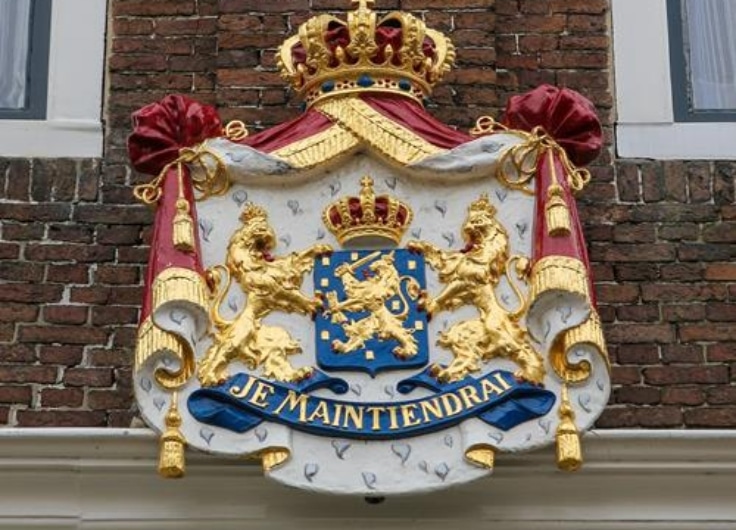FROM THE ARCHIVES: The Reform-Resistant Belgian Welfare State
In Flanders, we’re talking about “lost” objects. In the Netherlands, they were “found”. And what if in these corona times we turn that loss into finding? Consider our archives. Once in a while, I dig up a story from our archives that does not necessarily have anything to do with Covid-19, but is worth rereading. Just a good story, that gives us a different perspective on things, or just a new meaning. Left luggage, so to speak, that reveals a hidden gem.
In 2016, the Flemish political scientist Kris Deschouwer, for example, wrote an illuminating piece about the very special character of the Belgian social security system, together with Brussels and – to a lesser extent, the monarchy – the binder of that small and complex country on the North Sea, Belgium.
‘Belgium has not become a liberal-type welfare state and neither has it become a social democratic-type welfare state. It remains a continental model that requires broad agreements – with or without the ex-ante approval of the social partners – to introduce adjustments. (…) Those who defend the basic features of the system do however believe that it is gradually being dismantled, while those who are not happy with some of those basic features believe that the in-built resistance to change will be detrimental in the long run. (…) The welfare state is and remains a compromise built on corporatist and consociational mechanisms. It is a compromise with which nobody is really happy. This must be Belgium.’
While our healthcare workers, nurses, and doctors are working day and night in care institutions and hospitals, it is useful to think about that monument of our welfare state; social security. After this corona crisis, we will have to monitor, support, and cherish that monument thoroughly.
Tolle et lege.
Read HERE the entire article that was previously published in the 2016 yearbook The Low Countries № 24.
Kris Deschouwer used the following sources for his article:
- Esping-Anderson, G. (1990), The Three Worlds of Welfare Capitalism, Cambridge: Polity Press
- Iversen, T. & Soskice, D. (2006), Electoral Institutions, Parties, and the Politics of Coalitions : Why some democracies distribute more than others, American Political Science Review, vol 100, no 2: 165-181
- Jones, E. (2002), Consociationalism, Corporatism, and the Fate of Belgium, Acta Politica, vol 37: 86-103
- Jones, E. (2008), Economic Adjustment and Political Transformation in Small States, Oxford UP
- Pierson, P. (2001), The New Politics of the Welfare State, Oxford UP
- Pierson, P. (2004), Politics in Time: History, Institutions and Social Analysis, Princeton UP
- Van Keersbergen, K. & Vis, B. (2014), Comparative Welfare State Politics. Developments, Opportunities and Reform, Cambridge UP
- Vleminckx, Koen (2011), De hervormingen van de Belgische verzorgingsstaat: een kroniek, Belgisch Tijdschrift voor Sociale Zekerheid, 3detrimester, p. 403-456












